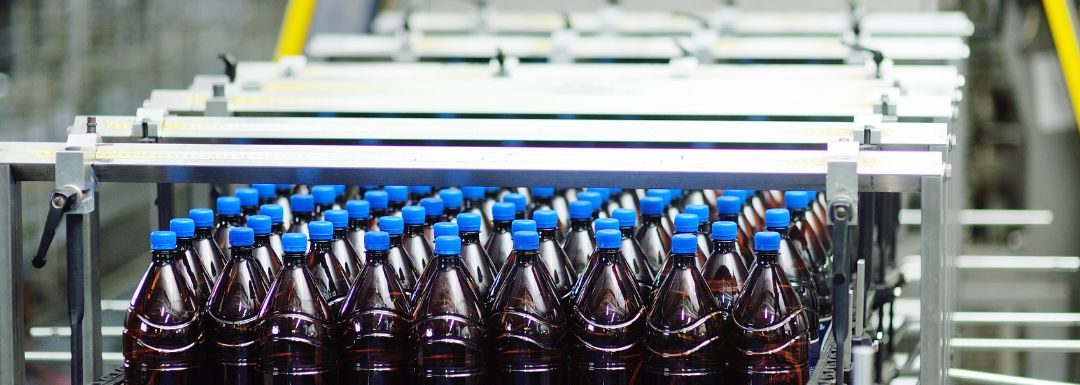Lot and Batch Tracking: Food products often have specific lot or batch numbers associated with them for traceability purposes. A food inventory management system enables accurate tracking of these lots or batches throughout the warehouse, from receiving to shipping, ensuring compliance with regulatory requirements, and facilitating product recalls if necessary.
Expiry Date Management: Many food products have limited shelf lives and expiry dates. A Food WMS helps in managing expiry dates by ensuring that products are rotated effectively to minimise waste and prevent the sale of expired goods. It provides alerts and notifications to warehouse staff when products are nearing their expiry dates, enabling timely actions such as markdowns or removal from inventory.
Temperature Control and Monitoring: Certain food products, such as perishable items or those requiring cold storage, require specific temperature controls to maintain their quality and safety. A food warehouse management system integrates with temperature monitoring systems and provides alerts if temperature thresholds are exceeded, helping to prevent spoilage and ensure compliance with food safety regulations.
Allergen Management: Food allergies are a significant concern for consumers, and strict measures must be taken to prevent cross-contamination between allergens. Food industry inventory management software includes features for managing allergen information, segregating allergen-containing products in the warehouse, and ensuring that they are handled and stored separately from other items to prevent contamination.
Quality Control Inspections: Food warehouses must adhere to strict quality control standards to ensure that products meet regulatory requirements and consumer expectations. A food warehouse management system facilitates quality control inspections by providing checklists, capturing inspection data, and documenting any issues or discrepancies identified during the inspection process.
Order Picking and Fulfillment: Efficient order picking, and fulfillment are critical for timely delivery of food products to customers. A food and beverage inventory management system optimises the picking process by generating optimised pick paths, providing picking instructions to warehouse staff via handheld devices or voice-directed picking systems, and tracking order progress in real-time to ensure accuracy and efficiency.
Inventory Management: A WMS for the food and beverage industry offers comprehensive inventory management capabilities, including real-time visibility into inventory levels, stock movements, and replenishment requirements. It provides tools for inventory tracking, cycle counting, and stock rotation to minimise stockouts, overstocking, and product obsolescence.
Compliance Reporting: Food warehouses must comply with various regulatory requirements and industry standards, such as those related to food safety, traceability, and hygiene. A food warehouse management system generates compliance reports and documentation, including audit trails, traceability records, and temperature logs, to demonstrate adherence to these requirements during inspections or audits.
Integration with ERP and Other Systems: A ability to integrates seamlessly with other business systems, such as Enterprise Resource Planning (ERP) software, transportation management systems (TMS), and electronic data interchange (EDI) platforms, to streamline data sharing and workflow automation across the entire supply chain.
Scalability and Customisation: Accommodate the unique needs and growth trajectory of food warehouses and distribution centres. It can be configured to support multiple warehouse locations, different types of food products, and varying levels of complexity in warehouse operations.
With its ability to provide detailed and effective FIFO control by a number of criteria including ‘best before’ and ‘use by’ dates THINK was already perfectly positioned to support customers within the food industry. In addition to this we already understood, and supported, food industry specific requirements such as the need to step out of FIFO and pick from later batches on demand where long distance shipping is required (all strictly controlled by user permissions of course).
Overall, a Food Warehouse Management System helps food warehouses and distribution centres improve operational efficiency, ensure regulatory compliance, maintain product quality and safety, and enhance customer satisfaction, ultimately driving business success in the highly competitive food and beverage industry.
Are you worried that a warehouse management solution will be too expensive, or that you will be trapped in a long contract? To arrange a demo or discuss your requirements, give THINK a call on 0330 350 0715, email enquiries@tkinv.com or complete the Quick Quote form below. We can work with your business to help save you money and drive down costs.


Recent Comments